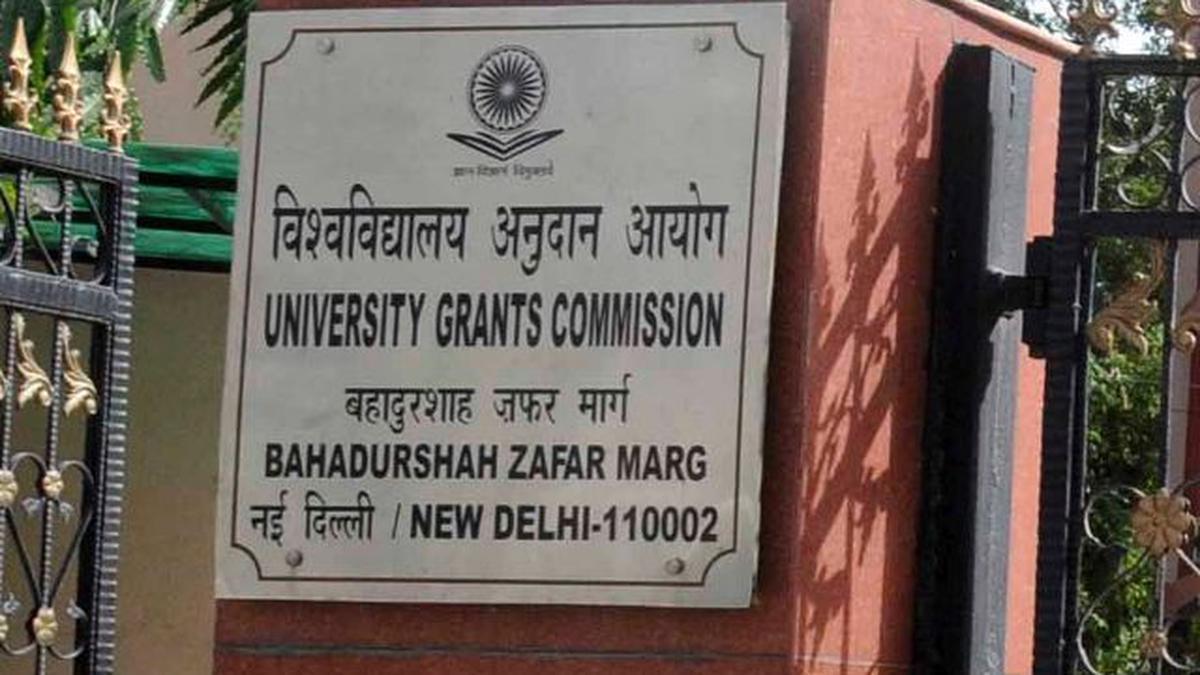Now Reading: Kerala to Challenge UGC Draft Curricula Over Alleged Hindutva Bias
-
01
Kerala to Challenge UGC Draft Curricula Over Alleged Hindutva Bias
Kerala to Challenge UGC Draft Curricula Over Alleged Hindutva Bias

Quick summary
- The kerala government will submit official objections too the University Grants Commission’s (UGC) draft Learning Outcomes-based Curriculum Framework (LOCF), citing concerns over alleged ideological bias.
- The Kerala State Higher Education Council (KSHEC) has been tasked with formulating the State’s response, with a committee set to conduct complete evaluation on August 26, 2025.
- UGC’s draft curricula for nine undergraduate subjects have stirred criticism from academic factions, mainly for incorporating content describing Hindutva ideology and works of figures such as V.D. Savarkar.
- Concerns raised by Kerala officials include:
– the curriculum is “regressive” and favors sangh Parivar ideologies.
– Suggested analyses of concepts like ‘Ram Rajya’ in CSR/ESG frameworks.
– Emphasis on ancient texts like Upanishads, Mahabharata, and Arthashastra for sustainable development studies.
– Inclusion of biographies of Hindutva ideologues such as Deendayal Upadhyaya and Savarkar in optional papers.
- Kerala’s higher Education Minister R. Bindu criticized the draft for ignoring academic flexibility, lacking scientific rigor, introducing ideologically loaded content, and potentially undermining higher education quality.
Indian Opinion Analysis
Kerala’s objection to the UGC’s draft curriculum highlights an underlying debate about balancing past perspectives with modern educational values. on one hand, integrating traditional texts can enrich cultural understanding; however, framing them through a specific ideological lens risks alienating diverse perspectives in academia. The focus on polarizing figures like V.D. savarkar may exacerbate tensions between regional governments and the Center over editorial control in education.
The inclusion of concepts such as ‘Ram Rajya’ within CSR or ESG contexts invites questions about relevance vis-à-vis contemporary frameworks-an issue voiced widely among critics who call it a departure from multidisciplinary goals stated under India’s New Education Policy.
This episode underscores potential challenges ahead: reconciling India’s rich heritage with unbiased representation while ensuring curricula keep pace with global advancements. Striking this balance will be crucial not only for preserving academic freedom but also preventing institutional discord across states.
Read More: Source
























